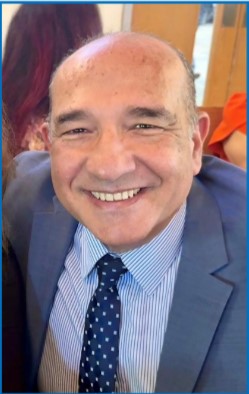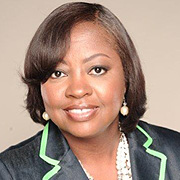Email Etiquette: Tips for Communicating with Clients & Colleagues
In this webinar, you will learn about the dos and don’ts of email communication.
The major topics we will cover are:
- Email length
- Response time
- Subject lines
- Tone
- Formality
- The phrase “I hope all is well.”
We will also touch on many other topics, such as:
- Emailing outside of normal business hours
- How often to Cc (and Bcc)?
- Out-of-office messages
- Marking emails as “urgent”
- Drafting with an empty “To” field
- Forwarding long email chains
- Remembering your attachments
- Using “you” instead of “I”
- Email greetings and sign-offs
- Moving from a conversation to a calendar invitation
- USING ALL CAPS
- Obeying the etiquette of email communication
- Adopting a writing style that is friendly yet professional
- Understanding how your readers want your messages to appear
- Increasing the percentage of your emails that receive a prompt, direct reply
- Drafting
- Replying
- Forwarding
- Choosing your words carefully
- Thinking from the perspective of your readers
- Setting expectations/managing your clients and colleagues
- Making it easy for your readers to reply
- The psychology of written communication
- Using email to help you develop new business
For many professionals, emailing with clients and colleagues takes longer than any other task during the workweek. Developing efficient email strategies leads to greater productivity because it causes a person’s outbound messages to be easier to understand, and in turn, the responses the person receives are more direct. As a result of those two outcomes, fewer messages are sent back and forth to accomplish a task. In addition, effective email habits allow people to become more organized, particularly when they need to find and review an email from the past.
Everyone. People in sales might enjoy the program more than others, but at the end of the day, everyone is in sales in some way, shape, or form.
Ryan Standil is the president of Write To Excite, which is an organization that offers seminars on legal writing and business writing. Prior to becoming a writing instructor, Ryan worked at a corporate law firm and as a proposal writer at an investment bank. He attended Western University, in Ontario, Canada, where he graduated from the HBA program at Ivey Business School and the JD program at the Faculty of Law.
Upcoming Webinars



















































